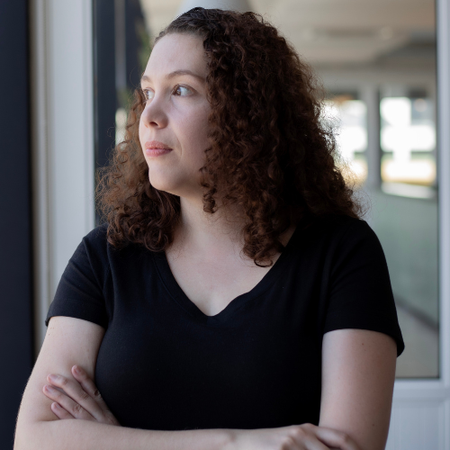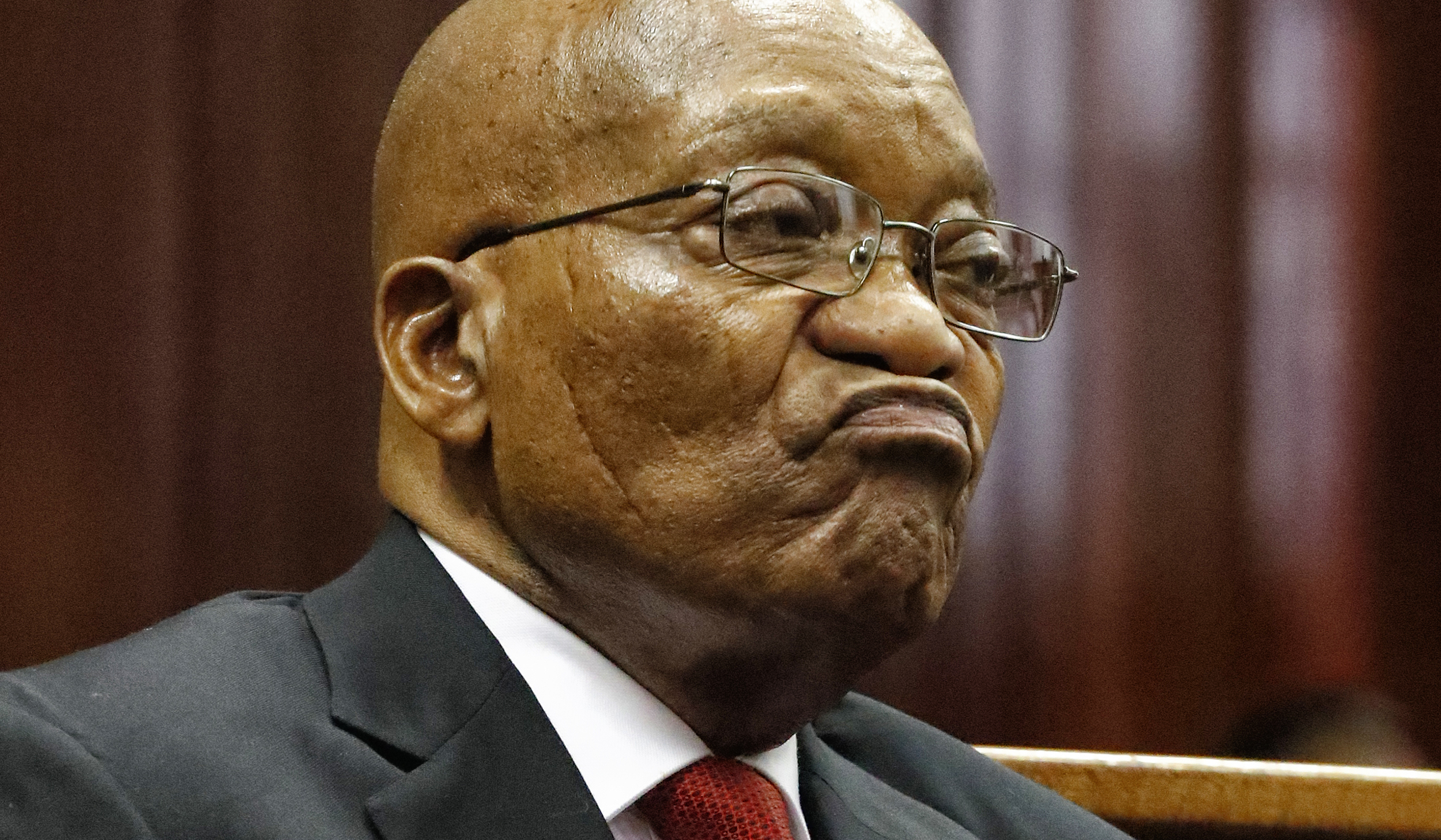“I do not fear being arrested, I do not fear being convicted, nor do I fear being incarcerated. I joined the struggle against the racist apartheid government and the unjust oppression of black people by whites in the country at a very young age.
“As a result, I was sentenced in December 1963 to serve 10 years on Robben Island at the age of 21. Thereafter, I continued to be at the forefront of the liberation struggle within the ranks of the African National Congress and Umkhonto weSizwe in exile until my return to South Africa in the early 90s. In all the years of struggle I had never imagined that there would come a time when a democratic government in South Africa built on constitutional values would behave exactly like the apartheid government in creating legal processes designed to target specific individuals in society.”
These are the words of Jacob Zuma.
In a highly charged statement on Monday the former president said the country had a separate set of laws it was applying only to him and his family.
He often refers to himself in the third person in the six-page statement, which follows a week of testimony at the State Capture Commission, during which a volley of accusations was made that the country’s State Security Agency had been totally skewered to benefit Zuma and his allies.
Zuma's statement:
The statement did not address those accusations specifically, but was a reaction to Thursday's Constitutional Court ruling that he must appear before the commission.
This comes after he left proceedings in November without permission.
Zuma hit back on Monday, saying the court ruling “mimics the posture of the commission in that it has now also created a special and different set of circumstances specifically designed to deal with Zuma by suspending my constitutional rights rendering me completely defenceless against the commission”.
He said the situation was reminiscent of apartheid.
“This conjures up memories of how the apartheid government passed the General Laws Amendment Act 37 in 1963 which introduced a new clause of indefinite detention specifically intended to be used against then PAC leader, Robert Sobukwe,” he said.
“The parallels are too similar to ignore given that Sobukwe was specifically targeted for his ideological stance on liberation. I, on the other hand, am the target of propaganda, vilification and falsified claims against me for my stance on the transformation of this country and its economy.”
Zuma went further, saying the commission should have been named the “Allegations of State Capture against Jacob Zuma as it has been obviously established to investigate me specifically”.
He said he had never said he did not want to appear before the commission, but that he could not appear before its chairperson, Deputy Chief Justice Raymond Zondo.
Zuma previously applied for the recusal of Zondo as commission chairperson.
One of his reasons was that Zondo was a friend of his.
In a previous response, Zondo had stated that they had never socialised together and were, therefore, not friends.
Zuma, in his statement on Monday, said he could not appear before Zondo “because of a well-founded apprehension of bias and a history of personal relations between the Deputy Chief Justice and myself”.
“I have taken the decision by the Deputy Chief Justice not to recuse himself on review as I believe his presiding over the proceedings does not provide me the certainty of a fair and just hearing.”
Zuma lamented that those close to him were suffering because of the state’s stance against him.
“The wrath visited upon me as an individual knows no bounds as my children and those known to be close to me have been specifically targeted and harassed to the extent that they all have had their bank accounts closed for no particular reason other than that they are known to be associated to me.
“The government and the justice system have turned a blind eye to these and many other injustices simply because they target Zuma. Anything bearing the name Zuma can enjoy no legal rights or protection in this country as the grand agenda to have special and different laws that only apply to Zuma continues to manifest. In the circumstances, I am left with no other alternative but to be defiant against injustice as I did against the apartheid government. I am again prepared to go to prison to defend the constitutional rights that I personally fought for and to serve whatever sentence that this democratically elected government deems appropriate as part of the special and different laws for the Zuma agenda.”
The former president said “overwhelming messages of support” from members of the ANC and public – “following the recent extraordinary and unprecedented decision of the Constitutional Court where it effectively decided that I as an individual citizen could no longer expect to have my basic constitutional rights protected and upheld by the country’s Constitution” – had persuaded him to issue Monday’s statement.
“With this groundswell of messages, I felt moved to publicly express solidarity with the sentiments and concerns raised with me about a clearly politicised segment of the judiciary that now heralds an imminent constitutional crisis in this country.”
The most recent summonses issued to Zuma required him to appear at the commission from 15 to 19 February 2020.
In a separate matter, Zuma is due back in the Pietermaritzburg High Court on 23 February on racketeering, money laundering and corruption charges related to the Arms Deal. A warrant of arrest was issued in that case in February 2020 after Zuma skipped a court appearance but it was withdrawn after he produced a doctor’s letter confirming he was ill.
DM





 Former president Jacob Zuma claims the country has a separate set of laws it applies only to him and his family. EPA-EFE/NIC BOTHMA / POOL
Former president Jacob Zuma claims the country has a separate set of laws it applies only to him and his family. EPA-EFE/NIC BOTHMA / POOL